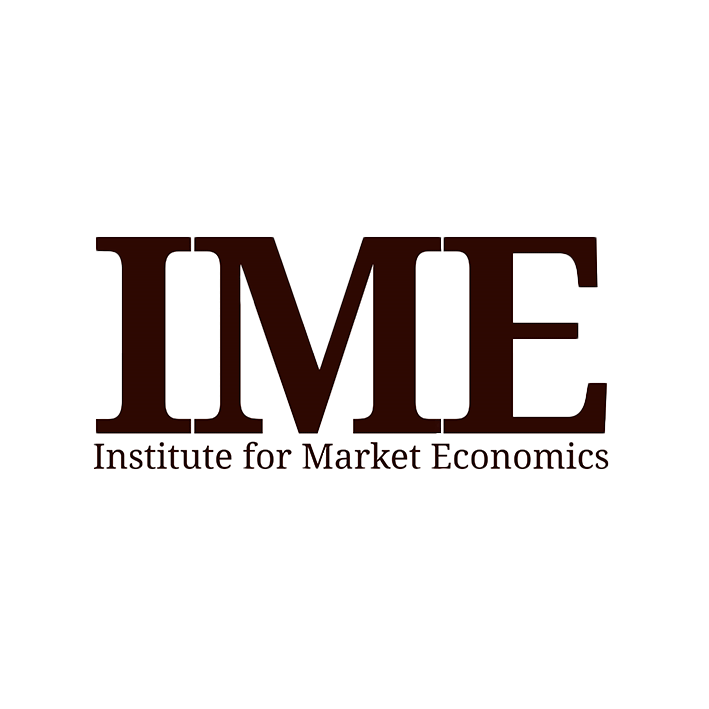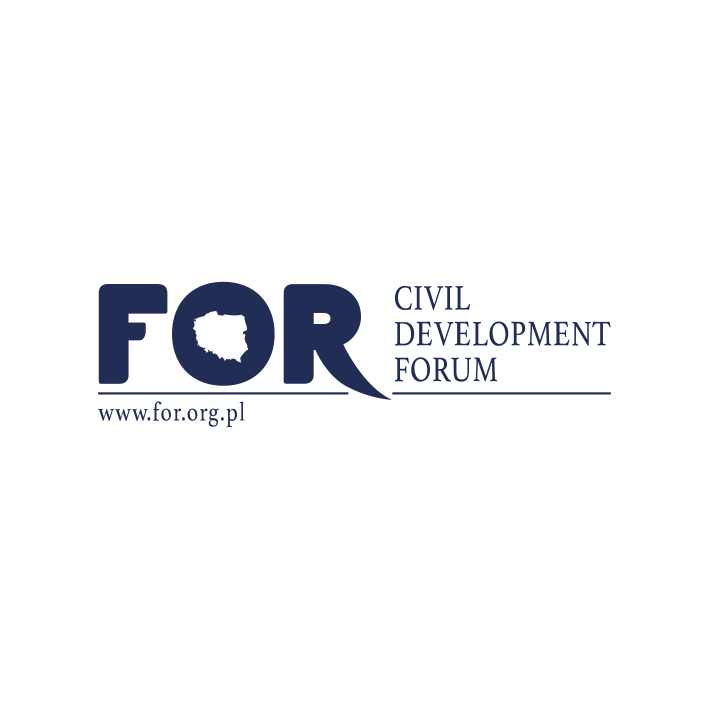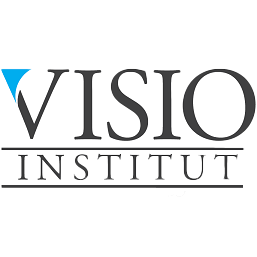Bulgaria takes a more liberal approach to vaping and drinking than most European countries, but it takes a hard line on smoking. There are no restrictions on vaping indoors, and e-cigarettes can be freely bought and sold domestically, although cross-border sales are now banned. Its taxes on beer and spirits are relatively low, and there is no wine duty. There are few restrictions on beer and wine advertising, but spirits advertising is prohibited on TV and radio except in a heavily regulated form after 10 PM.
Tobacco regulations are much tougher. There are few exemptions to Bulgaria’s tobacco advertising ban, and the sale of cigarettes from vending machines is prohibited. Although EU law now bans the sale of cigarettes in anything less than packs of 20, smaller numbers can be bought on the illicit market.
Bulgaria’s smoking ban is among the most severe in Europe with no exemptions for bars, restaurants, or workplaces (except for shisha) and some restrictions outdoors. The exemption for shisha was confirmed in July 2019. Compliance with the ban has improved over the years after being poorly enforced at first.
Tobacco taxes in Bulgaria are the lowest in the EU in cash terms but are second only to Romania once adjusted for income. There are no nanny state laws on food and soft drinks, no tax on vape juice, and no tax on sugary drinks. There was talk of Bulgaria introducing taxes on ‘junk food’ and energy drinks in 2015, but the Finance Ministry opposed the idea and it came to nothing.
With thanks to the Institute for Market Economics
About
The Nanny State Index (NSI) is a league table of the worst places in Europe to eat, drink, smoke and vape. The initiative was launched in March 2016 and was a media hit right across Europe. It is masterminded and led by IEA’s Christopher Snowdon with partners from all over Europe.
Enquiries: info@epicenternetwork.eu
Download Publication
Previous versions: 2021, 2019, 2017
Categories
About the Editor
Christopher Snowdon is the head of Lifestyle Economics at the Institute of Economic Affairs. His research focuses on lifestyle freedoms, prohibition and policy-based evidence. He is a regular contributor to the Spectator, Telegraph and Spiked and often appears on TV and radio discussing social and economic issues.
Snowdon’s work encompasses a diverse range of topics including ‘sin taxes’, state funding of charities, happiness economics, ‘public health’ regulation, gambling and the black market. Recent publications include ‘Drinking, Fast and Slow’, ‘The Proof of the Pudding: Denmark’s Fat Tax Fiasco’, ‘A Safer Bet’, and ‘You Had One Job’. He is also the author of ‘Killjoys’ (2017), ‘Selfishness, Greed and Capitalism’ (2015), ‘The Art of Suppression’ (2011), ‘The Spirit Level Delusion’ (2010), ‘Velvet Glove, Iron Fist’ (2009).
Bulgaria 2023
Bulgaria takes a more liberal approach to vaping and drinking than most European countries, but it takes a hard line on smoking. There are no restrictions on vaping indoors, and e-cigarettes can be freely bought and sold domestically, although cross-border sales are now banned. Its taxes on beer and spirits are relatively low, and there is no wine duty. There are few restrictions on beer and wine advertising, but spirits advertising is prohibited on TV and radio except in a heavily regulated form after 10 PM.
Tobacco regulations are much tougher. There are few exemptions to Bulgaria’s tobacco advertising ban, and the sale of cigarettes from vending machines is prohibited. Although EU law now bans the sale of cigarettes in anything less than packs of 20, smaller numbers can be bought on the illicit market.
Bulgaria’s smoking ban is among the most severe in Europe with no exemptions for bars, restaurants, or workplaces (except for shisha) and some restrictions outdoors. The exemption for shisha was confirmed in July 2019. Compliance with the ban has improved over the years after being poorly enforced at first.
Tobacco taxes in Bulgaria are the lowest in the EU in cash terms but are second only to Romania once adjusted for income. There are no nanny state laws on food and soft drinks, no tax on vape juice, and no tax on sugary drinks. There was talk of Bulgaria introducing taxes on ‘junk food’ and energy drinks in 2015, but the Finance Ministry opposed the idea and it came to nothing.
With thanks to the Institute for Market Economics
 Austria
Austria Belgium
Belgium Bulgaria
Bulgaria Croatia
Croatia Cyprus
Cyprus Czech Republic
Czech Republic Denmark
Denmark Estonia
Estonia Finland
Finland France
France Germany
Germany Greece
Greece Hungary
Hungary Ireland
Ireland Italy
Italy Latvia
Latvia Lithuania
Lithuania Luxembourg
Luxembourg Malta
Malta Netherlands
Netherlands Norway
Norway Poland
Poland Portugal
Portugal Romania
Romania Slovakia
Slovakia Slovenia
Slovenia Spain
Spain Sweden
Sweden Turkey
Turkey United Kingdom
United Kingdom


















